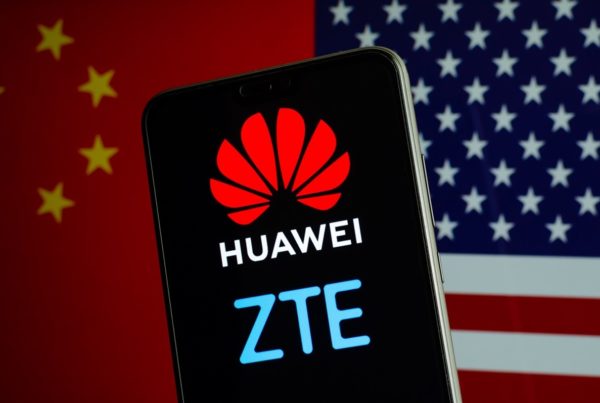Although many believe the concept of blockchain is recent, it dates back to the ‘90s. We have increasingly started to talk about blockchain in 2008, when the blockchain was applied to Bitcoins, and in general to cryptocurrency. Only in recent years, many companies started to develop first applications of blockchain.
 As stated by Forbes, many big companies are investing, or they’re willing to invest soon, in blockchain. Forbes Global 2000 lists 50 global companies that are investing in blockchain, including:
As stated by Forbes, many big companies are investing, or they’re willing to invest soon, in blockchain. Forbes Global 2000 lists 50 global companies that are investing in blockchain, including:
- SIEMENS created, in collaboration with a startup named LO3, the Brooklyn Microgrid project: a peer-to-peer energy marketplace for locally generated, renewable energy that uses blockchain technology. It allows people to sell and buy renewable energy to/from their neighbors.
- SAMSUNG created Nexledger platform to trace its supply chain, from suppliers to the supply to final customers.
- Toyota is creating a blockchain in which all its clients, both privates and companies, can share data in complete safety: driving, self-driving cars’ tests, car-sharing transactions, car usage data.
The blockchain is a public register, where all computers’ databases of the same application share digital information.
Since the users share data, it’s not necessary to have a central server managing transactions. They can be carried out between users without any intermediary.
When the information in inserted in the blockchain and it is verified by the approval of most network nodes, it can’t be modified nor deleted in any way. It’s only possible to add a new information, which will be considered as an update of the previous information.
The data shared by users are registered through a cryptographic system that connects a unique alphanumeric code to every information of the blockchain.
It is clear, then, why blockchain is attractive to more and more companies:
- It allows data to be protected by approval, cryptography and decentralization. Hackers, that are willing to attack an application based on blockchain technology, should attack most computers at the same time;
- Transactions can be seen by all network members;
- Helps reduce intermediary costs.
For what concerns Italian investments in blockchain, as all the other countries do, Italy invests more in fintech sector.
Blockchain applications have been used mainly to:
- 41% to manage payments (i.e. interbank payments);
- 27% for capital market (i.e. to make the exchange of financial tools more efficient);
- 10% to manage financial data and documents (i.e. smart contracts to conclude credit or derivative contracts).
In general, the main challenges of blockchain are:
- Scalability
- Privacy
Scalability. The number of operators involved in cryptocurrency is more than 10 million of users every day, which leads to a dramatic increase of transactions. Moreover, it is aggravated by the introduction of limited dimension of each chain’s block: each block cannot exceed 1 megabyte.
This limit has been introduced with the aim of avoiding hackers to create giant blocks that can infect the network. The problem is that small blocks are the main cause of blockchain going slow: maximum 7 transactions per second can be processed. Therefore, the greater the number of transactions, the greater will be time and costs applied by miners (miners are blockchain nodes that own most computing power and that can solve complex mathematical problems). Miners that solve problems are paid with cryptocurrency.
Privacy. The blockchain cannot guarantee the privacy of transactions, because their value and balance can be seen by users.
Moreover, when a user does Bitcoin transactions, they can be connected to reveal the user’s information.
To sum up, the Italian trends of developing blockchain technology are following the same trends of all world’s main countries.
Public institutions are trying to regulate and standardize the blockchain.
By the way, Italian companies have high expectations, but the challenges the blockchain must face are bigger (see scalability and privacy loss).
It is therefore understandable that, regardless of how big a company is, it can express reservations about the efficiency and feasibility of blockchain technology.
LUBEA News Online
1/08/2019






